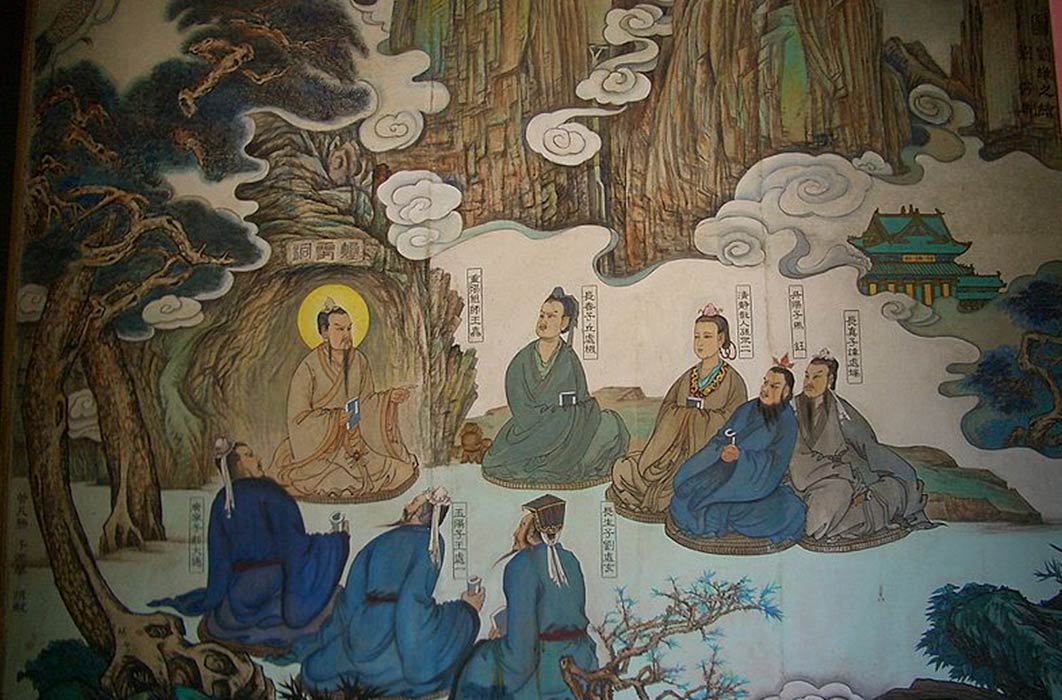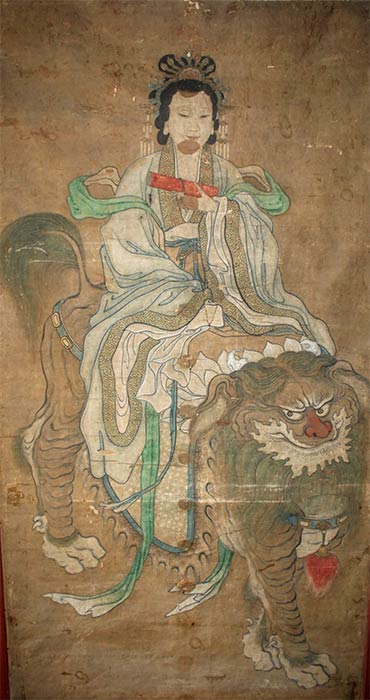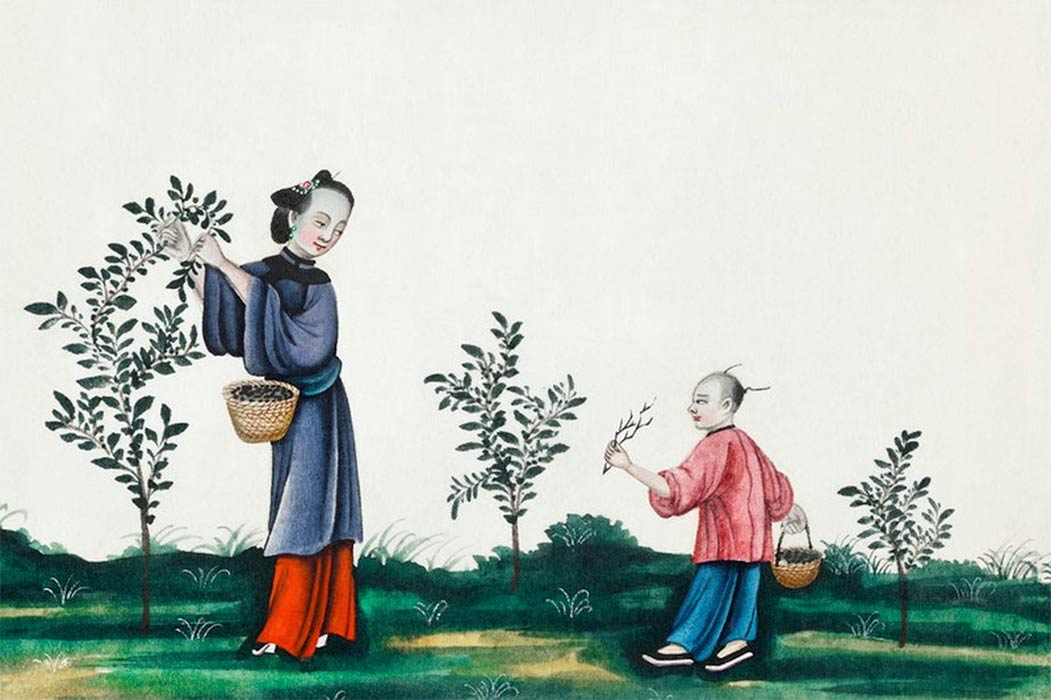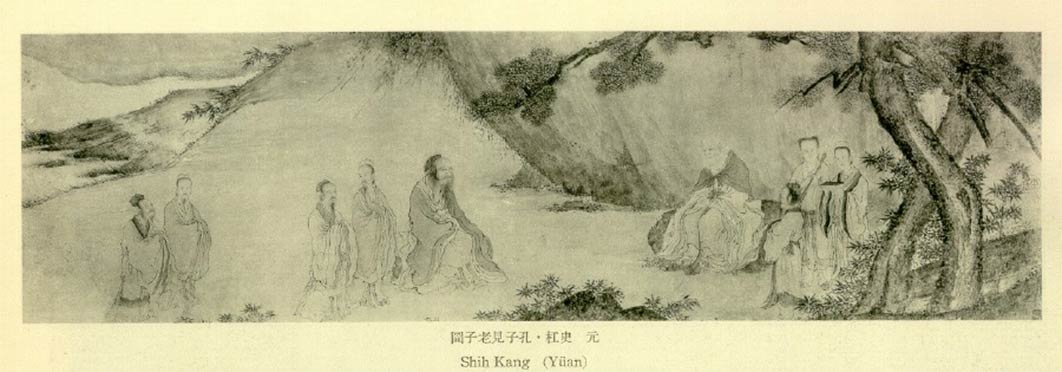
Yin Female Taoism In Search Of Immortality
Chinese Thought conceived the idea of a universe governed by the interaction and cyclical alternation of two opposing, but complementary principles called Yin and Yang. Before becoming cosmological entities, they were elementary principles of classification, first of all sexual groupings and two genders: one female and the other male. This conception originated from the agricultural character of the ancient Chinese civilization.

Taoist Immortal Painting of Queen Mother of the West Riding Foo Dog (Anton biederwolf/ CC BY-SA 4.0)
The Seasons Of Yin And Yang
In the distant past, the work of men and women took place according to different times and methods in relation to the seasons. Men worked in the fields until winter arrived; during this season they rested, like the earth. For women, on the contrary, winter was the season of the most intense work, which they spent at home spinning and weaving clothes. In spring and autumn collective festivals, which ended with a sacred hierogamy, were held in consecrated places in valleys where the river marked a sacred border. During those festivals, the opposing choirs of young people of both sexes faced each other, like shadow and light, launching challenges in verse.

Chinese painting illustrating a mother and a son plucking tea sprouts (ca.1800–1899) from the Miriam and Ira D. Wallach Division of Art, Prints and Photographs (CC0)
The names of Yin and Yang are a reminder of the dark and sunny slopes where the young people respectively used to gather. Yin is related to the shade, to closed places, to the feminine; its activity is of an interior order. Yang is related to sunlight, heat, masculine; its activity is of an external nature. Therefore, the opposition between Yang and Yin is not to be understood as an opposition between Good and Evil, but it is relative and rhythmic in nature: Yang and Yin alternate, taking turns in their work. The space is constituted by their opposition, while the time by their alternation. They are the substance of the Whole, whose order they express.

Confucius meets Laozi (Public Domain)
Taoism And Confucianism
According to an ancient treatise: A [aspect] yin, a [aspect] yang, this is the Tao, these ideas are common to both Confucianism and Taoism, but in the two philosophies of Thought they have had different results. Confucianism has been defined as an ethical system rather than a religion, since Confucian doctrine is based on the problem of man's behavior in life and in the world, and any supernatural concern is foreign to it. The family is the model of society and filial piety is considered a fundamental virtue. The woman, who is responsible for the housework, is considered inferior to the man, and she depends on the father, the older brother, the husband or, in the case of widowhood, the eldest son. According to an aphorism attributed to Confucius: “Women and mean men are the most difficult to deal with. If you keep them close, they are insolent; if you keep them away, they complain”.




